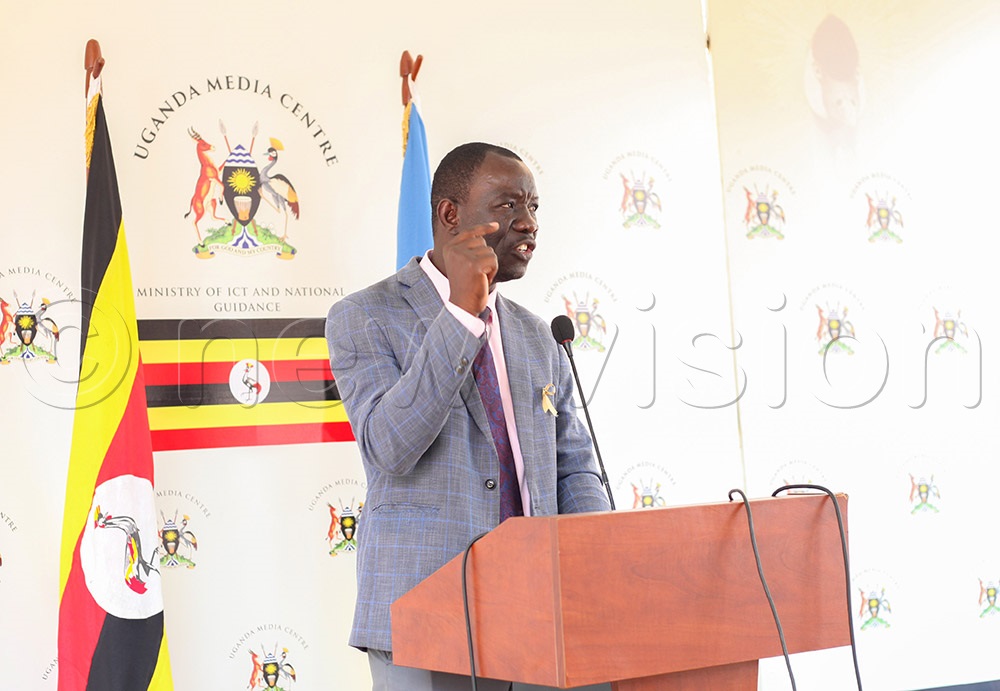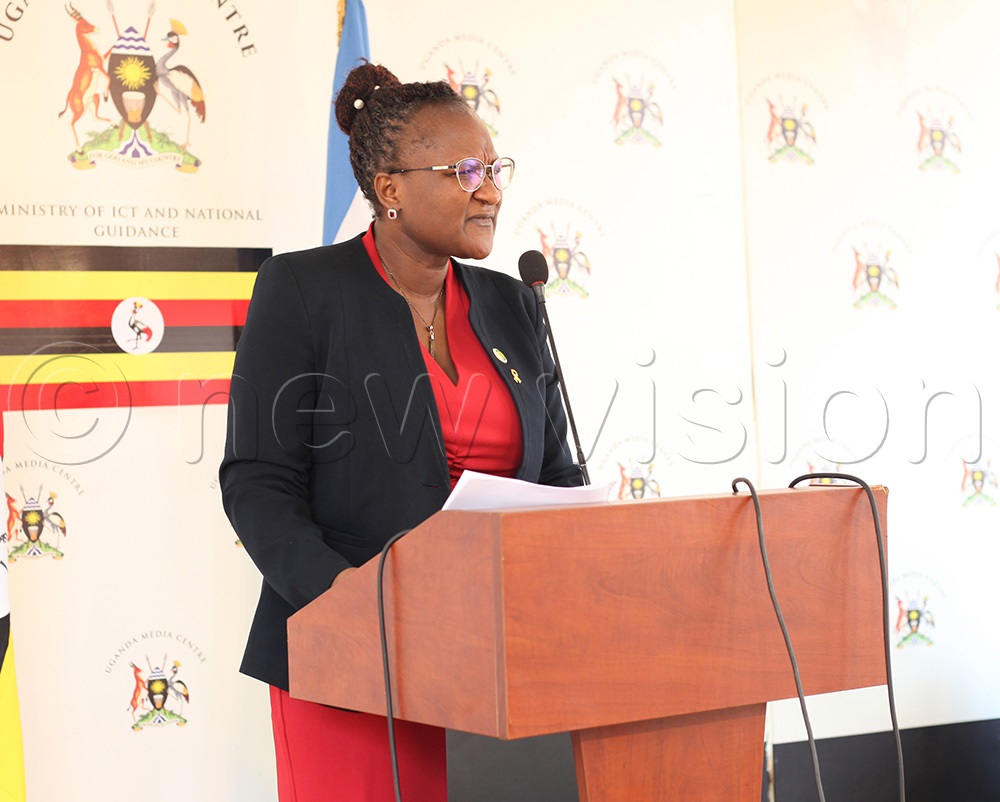'70% of Uganda's childhood cancers untreated'
According to Balagadde, 68% of children with Hodgkin’s disease survive, according to the UCI five-year data gathered, while nearly half of those with Burkitt lymphoma, a common childhood cancer associated with jaw swelling, are cured after treatment. Wilms' tumour, affecting the kidney, is also highly curable.
Dr Joyce Balagadde Kambugu, who heads paediatric oncology services at the Uganda Cancer Institute (UCI), said about 3,278 children and adolescents are diagnosed with cancer in Uganda every year, but only one-third reach specialised centres for care.
KAMPALA - At least seven in 10 Ugandan children who develop cancer never make it to treatment, causing preventable deaths despite evidence that childhood cancers are highly curable if detected early, health experts have warned.
Speaking at the Uganda Media Centre on September 4, 2025, paediatric oncologist Dr Joyce Balagadde Kambugu, who heads paediatric oncology services at the Uganda Cancer Institute (UCI), said about 3,278 children and adolescents are diagnosed with cancer in Uganda every year, but only one-third reach specialised centres for care.
“That means seven out of ten children who develop cancer are not presenting for care and therefore are going to die from their disease. And yet, for those who do reach treatment, survival is possible,” Balagadde said.
She noted that while childhood cancer cannot be prevented or screened for in the same way as adult cancers, death is preventable through early detection and proper treatment.
Uganda’s survival data shows encouraging outcomes.
According to Balagadde, 68% of children with Hodgkin’s disease survive, according to the UCI five-year data gathered, while nearly half of those with Burkitt lymphoma, a common childhood cancer associated with jaw swelling, are cured after treatment. Wilms' tumour, affecting the kidney, is also highly curable.
“These figures show that children can survive their cancer in Uganda. Survival is possible. But in our communities, childhood cancer is still equated to a death sentence. Families lose hope and turn to prayer camps or alternative remedies, and even when the child is still alive, they start focusing on death. This mindset must change,” she said.
Dr Alfred Jatho, the head of community cancer services at UCI, pointed to several reasons why most children do not reach care.
Dr Alfred Jatho, head of Community Cancer Services at UCI, pointed to several reasons why the majority of children do not reach care. (Credit: John Musenze)
“One, there is low awareness where many people believe children don’t get cancer. Two, stigma leads parents to hide their child’s illness. Three, distance to treatment centres remains a challenge. And four, poverty prevents families from travelling to Kampala or staying for long treatment cycles,” Dr Jatho explained.
Jatho warned that childhood cancer symptoms are often mistaken for common illnesses like malaria and cautioned parents and caretakers to always seek help from the regional cancer units set up.
“Persistent fever, unexplained swelling, bleeding, or weight loss should immediately raise a red flag. If a child is not improving, parents and teachers should suspect cancer and seek higher-level care.”
Moses Ochudo, a manager at the Uganda Childhood Cancer Foundation who overcame Burkitt lymphoma over two decades ago and has been cancer-free for 25 years, advocated for support for children undergoing cancer treatment.
He emphasised that many young patients lose valuable school years, falling behind their peers. Ochudo stressed that cancer is not contagious and urged that children in treatment should receive the support they need to continue their studies and live normal lives.

Dr Joyce Balagadde Kambugu, who heads paediatric oncology services at the Uganda Cancer Institute (UCI), said about 3,278 children and adolescents are diagnosed with cancer in Uganda every year. (Credit: John Musenze)
“I was treated here in Mulago, not abroad. Back then, Uganda had only three oncologists. Today, we have more than 45 specialists. Medicines are available. Survival is possible. I am living proof,” he recalled.
Ochudo said while medical care has improved, survivors still struggle with reintegration. He also appealed for community and corporate support.
“Treatment goes beyond medicine. Children need food, books, clothing, and psychosocial support. If a child travels from the village with only two days’ clothing, how do they endure months of treatment? Everyone can play a role,” he added.
The UCI has lined up activities throughout September, including an open day on September 16, a Red-Carpet Survivors Celebration on September 24, and school and community awareness campaigns. Ugandans are also encouraged to wear the gold ribbon as a sign of solidarity.
“Childhood cancer is not a death sentence. If we detect early and treat early, children can be cured. The tragedy is not the disease—it is that so many never reach treatment.” Dr Jatho reminded.